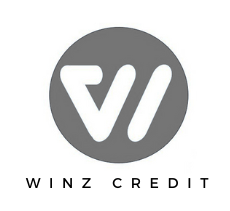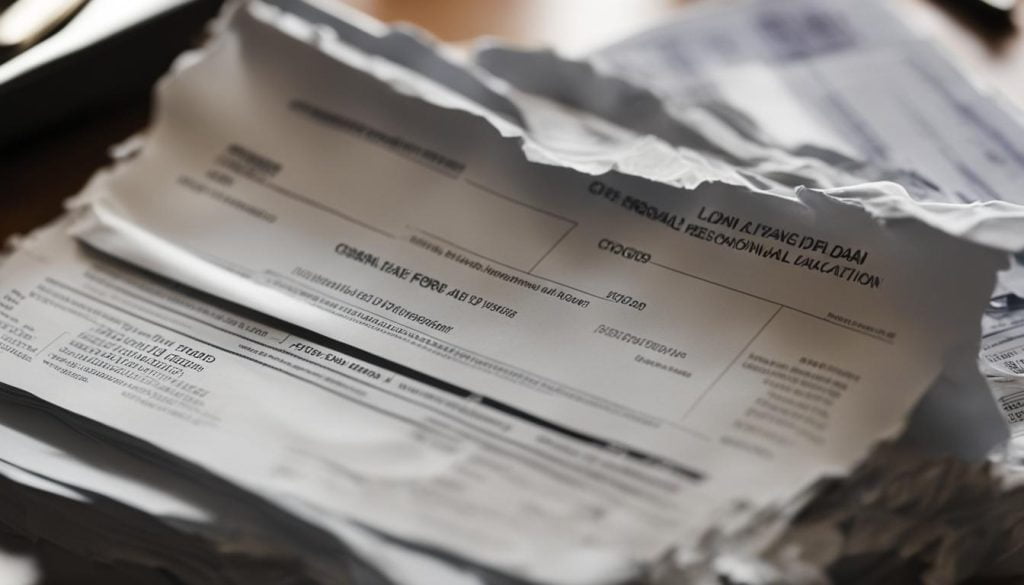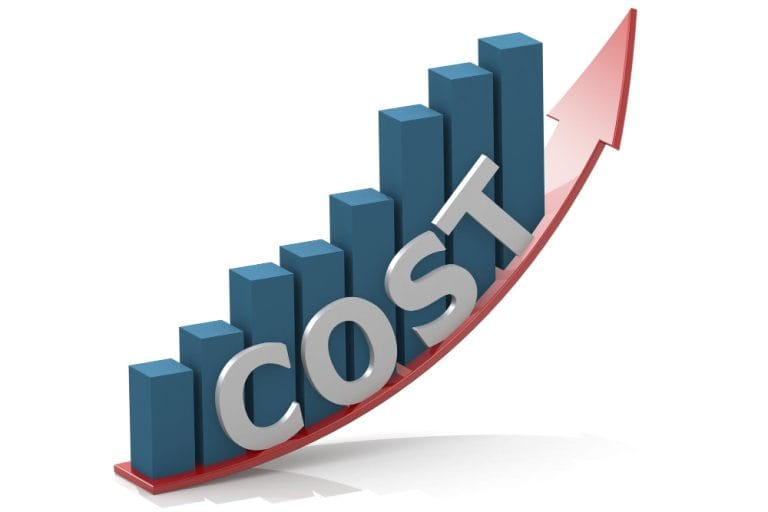Key Takeaways:
- Secured loans require collateral, unlike unsecured loans.
- Winz Credit Pte Ltd is a licensed moneylender in Singapore that offers secured and unsecured personal loans.
- Understanding the key aspects of secured personal loans is crucial for making informed financial decisions.
- Collateral provides security for the lender in case of loan default.
- Borrowers can apply for a loan pre-approval through Winz Credit Pte Ltd’s website.
The Advantages and Disadvantages of Secured Loans
Secured loans offer several advantages over unsecured loans. One of the main advantages is that secured loans typically have larger borrowing limits. This is because the collateral provided by the borrower reduces the risk for the lender, allowing them to offer higher loan amounts. So, if you’re looking to borrow a significant sum of money, a secured loan may be the better option for you.
Another advantage of secured loans is that they often come with lower interest rates compared to unsecured loans. This is because the collateral acts as security for the lender, giving them more confidence in lending at a lower rate. Lower interest rates mean lower monthly payments and potentially significant savings over the life of the loan.
The longer repayment periods available for secured loans is yet another advantage. These longer terms can make it easier to manage monthly payments and fit the loan into your budget. It also gives you more time to repay the loan without feeling financially strained.
On the flip side, there are also disadvantages to consider when it comes to secured loans. One major drawback is the risk of losing your collateral if you are unable to make the loan payments. This is a serious consequence that borrowers need to carefully weigh before choosing a secured loan. Additionally, secured loans often have specific purposes, meaning the funds cannot be used for just anything. This can limit your flexibility in how you use the borrowed money. It’s important to evaluate these disadvantages and consider your personal circumstances before deciding if a secured loan is right for you.
Secured Loans vs. Unsecured Loans: Key Differences
Secured loans and unsecured loans have significant differences for borrowers to consider when seeking financing. One of the main distinctions is the requirement of collateral. Secured loans necessitate collateral, which is an asset that the borrower offers as a form of security to the lender. This collateral can be seized by the lender in the event that the borrower defaults on the loan. On the other hand, unsecured loans do not require collateral, making them a more accessible option for individuals who may not have assets to offer as security.
Another important difference between secured and unsecured loans is the borrowing limits. Secured loans often have lower borrowing limits compared to unsecured loans. This is because the collateral offered by the borrower mitigates the risk for the lender, allowing them to provide larger loan amounts. Unsecured loans, with no collateral involved, may have higher borrowing limits depending on the borrower’s creditworthiness, income, and other factors that determine their ability to repay the loan.
The eligibility criteria for secured and unsecured loans also differ. Because secured loans are backed by collateral, lenders are often more lenient when assessing the creditworthiness of the borrower. This means that individuals with a less-than-perfect credit score may still be eligible for a secured loan as long as they have valuable assets to use as collateral. In contrast, unsecured loans typically have stricter eligibility requirements, as lenders rely solely on the borrower’s credit history, income, and financial stability to evaluate their ability to repay the loan.
Secured Loans vs. Unsecured Loans: A Comparison
| Factors | Secured Loans | Unsecured Loans |
|---|---|---|
| Collateral Requirement | Required | Not required |
| Borrowing Limits | Lower | Higher (depending on creditworthiness) |
| Eligibility Criteria | Less stringent (collateral provided) | Stricter (creditworthiness-based) |
“Secured loans offer borrowers the flexibility to access larger loan amounts by providing collateral. This helps mitigate the risk for lenders, allowing them to offer attractive interest rates.”
- Secured loans require collateral, while unsecured loans do not.
- Borrowing limits are generally lower for secured loans and higher for unsecured loans.
- Eligibility criteria for secured loans are less stringent compared to unsecured loans.
Understanding the key differences between secured loans and unsecured loans is crucial for borrowers seeking financing options. Whether choosing to use collateral for a secured loan or considering the accessibility of an unsecured loan, borrowers must weigh the pros and cons to make informed decisions about their borrowing needs and financial goals.
Types of Secured Loans
When it comes to secured loans, borrowers have a variety of options to choose from based on their specific needs. Here are some common types of secured loans:
Mortgage
A mortgage is a type of loan that is used to purchase real estate, such as a house or a piece of land. In a mortgage, the property being purchased serves as collateral. This means that if the borrower fails to repay the loan, the lender has the right to seize the property and sell it to recover their money.
Auto Loan
An auto loan is a type of secured loan that is used to finance the purchase of a vehicle. The vehicle being financed serves as collateral for the loan. If the borrower defaults on the loan, the lender can repossess the vehicle to recover their money. Auto loans typically have fixed repayment terms and interest rates.
Business Loan
Business loans can also be secured by assets. Depending on the lender and the specific loan terms, assets such as inventory, equipment, or property can be used as collateral. Secured business loans can provide businesses with the necessary funds for expansion, equipment purchases, or working capital.
| Type of Secured Loan | Collateral |
|---|---|
| Mortgage | Real estate |
| Auto Loan | Vehicle |
| Business Loan | Assets such as inventory, equipment, or property |
These are just a few examples of the types of secured loans available to borrowers. It’s important to carefully consider the purpose of the loan and the assets that can be used as collateral when choosing the right secured loan option.
What Can Be Used as Collateral for Secured Loans?
When it comes to securing a loan, lenders typically require collateral to ensure that they have something of value to fall back on if the borrower defaults on their loan payments. Collateral can be any asset that holds value, and the type of collateral can vary depending on the nature of the loan. Here are some common examples of collateral that can be used for secured loans:
Real Estate:
One of the most popular forms of collateral for secured loans is real estate. This can include residential properties, commercial properties, or even vacant land. The value of the property will be assessed by the lender to determine the loan amount that can be borrowed.
Vehicles:
Another commonly used form of collateral is vehicles. Cars, motorcycles, boats, and other motorized vehicles can be used as collateral for secured loans. The value of the vehicle will be assessed, and the loan amount will depend on its worth.
Investments:
Investments such as stocks, bonds, mutual funds, and other financial assets can also be used as collateral. Lenders will evaluate the value and liquidity of the investment to determine the loan amount.
Other Valuable Assets:
Aside from real estate, vehicles, and investments, other valuable assets such as valuable collectibles, high-end jewelry, and cash accounts can also be used as collateral for secured loans. The value and ease of converting these assets into cash will be considered by the lender.
It’s important to note that the choice of collateral may depend on the lender’s requirements and the purpose of the loan. Borrowers need to carefully consider the value and liquidity of their assets before using them as collateral for a secured loan.
| Assets | Potential Loan Amount |
|---|---|
| Real Estate | Up to 80% of the property value |
| Vehicles | Up to 70% of the vehicle value |
| Investments | Varies based on investment type and value |
| Other Valuable Assets | Varies based on asset type and value |
This table provides a rough estimation of the potential loan amount that can be obtained based on different types of collateral. However, it’s important to note that the actual loan amount will depend on various factors such as the lender’s policies, the borrower’s creditworthiness, and the current market conditions.
Applying for a Secured Loan
When considering applying for a secured loan, there are a few key steps to keep in mind. First and foremost, it’s important to check your credit report to understand your creditworthiness. Lenders typically rely on credit scores to assess the risk of lending money, so ensuring that your credit history is accurate and in good standing is crucial.
Next, you’ll need to determine the value of the assets you plan to use as collateral for the loan. This will help you understand how much you can borrow and what interest rates may be available to you. It’s recommended to get an appraisal or estimate the resale value of the assets to ensure you have a clear understanding of their worth.
Lastly, it’s always a good idea to shop around and compare offers from different lenders. Rates and fees can vary significantly, so taking the time to explore your options can help you find the best terms for your secured loan. By considering these factors and taking the necessary steps, you can confidently apply for a secured loan that aligns with your financial needs.
Benefits of Applying for a Secured Loan:
- Lower interest rates compared to unsecured loans
- Potentially larger borrowing limits
- Longer repayment periods
- Ability to use assets as collateral for added security
“Applying for a secured loan allows borrowers to leverage their assets and secure favorable terms and conditions.”
| Factors to Consider: | Advantages | Disadvantages |
|---|---|---|
| Credit Score | Can lead to lower interest rates | May require a minimum credit score |
| Value of Assets | Can determine borrowing limits | Risk of losing assets if unable to repay loan |
| Interest Rates | Typically lower than unsecured loans | Can still vary depending on lender |
| Shopping Around | Allows for comparison of rates and terms | Can be time-consuming |
Understanding Secured Loans vs. Unsecured Loans
When it comes to borrowing money, it’s important to understand the differences between secured loans and unsecured loans. Secured loans require collateral, such as a vehicle or property, while unsecured loans do not require any collateral. The presence of collateral gives lenders more security, allowing them to offer lower interest rates compared to unsecured loans. However, it also means that if the borrower defaults on the loan, the lender can seize the collateral to recoup their losses.
With unsecured loans, on the other hand, lenders rely solely on the borrower’s creditworthiness to determine the interest rates and loan terms. This means that unsecured loans generally have higher interest rates compared to secured loans. Borrowers must have a strong credit history and a good credit score to qualify for favorable terms.
One of the key factors to consider when choosing between a secured loan and an unsecured loan is the risk of default. With a secured loan, the borrower risks losing their collateral if they fail to make payments. This risk can be significant, especially if the collateral is valuable, such as a house or a car. On the other hand, with an unsecured loan, the consequences of defaulting are primarily financial, such as damaging the borrower’s credit score and incurring late payment fees.
Ultimately, the decision between a secured loan and an unsecured loan depends on the borrower’s individual circumstances and preferences. Secured loans can be a good option for borrowers who have valuable assets to use as collateral and are looking for lower interest rates. Unsecured loans, on the other hand, may be more suitable for borrowers with strong credit histories who are willing to accept higher interest rates in exchange for not having to put up collateral.
“Understanding the differences between secured and unsecured loans is essential in making informed borrowing decisions.”
Comparing Secured Loans and Unsecured Loans
| Aspect | Secured Loans | Unsecured Loans |
|---|---|---|
| Collateral Requirement | Requires collateral (assets such as property or vehicles) | No collateral required |
| Interest Rates | Generally lower | Generally higher |
| Risk of Default | Collateral can be seized if the borrower defaults | Consequences primarily financial |
| Loan Approval | Easier to qualify for with collateral | Requires a strong credit history |
Note: The table above provides a general comparison between secured loans and unsecured loans. Actual terms and conditions may vary depending on the lender and individual circumstances.
Where to Find Secured Loans
When looking for secured loans, borrowers have several options available to them. They can explore traditional financial institutions such as banks and credit unions, or they can turn to licensed moneylenders for convenient access. Each option has its own advantages and considerations, so it’s important to compare offers from different lenders to find the best terms and conditions.
Banks: Banks are a common source of secured loans. They offer the advantage of established reputations and a wide range of banking services. Many banks require borrowers to have an existing account with them before applying for a loan. This can make the process more convenient for individuals who already have a banking relationship established.
Credit Unions: Credit unions are member-owned financial cooperatives that often offer secured loans at competitive rates. They tend to have a more personalized approach to lending and may be more willing to work with borrowers who have limited credit history or unique financial situations. Credit unions may also have lower fees and offer more favorable terms compared to traditional banks.
When seeking secured loans, borrowers should carefully consider their individual financial circumstances and goals. The choice of lender can significantly impact the terms and conditions of the loan, so it’s important to shop around and compare offers before making a decision. Whether you choose a bank, credit union, or online lender, understanding the loan agreement and repayment terms is crucial to ensure a positive borrowing experience.
Conclusion
Secured personal loans provide borrowers with a range of borrowing options to make important financial decisions. By understanding the differences between secured and unsecured loans, borrowers can make informed choices that align with their individual needs and goals.
Collateral plays a vital role in secured personal loans, as it provides security for the lender and allows borrowers to enjoy lower interest rates. However, it’s important to carefully consider the collateral being used and the potential risks involved. Defaulting on a secured loan can result in the loss of the collateral, so borrowers should assess their ability to repay the loan before proceeding.
When exploring borrowing options, it’s essential to consider various factors, such as the type of secured loan available and the borrowing limits they offer. By working with licensed moneylenders like Winz Credit Pte Ltd in Singapore, borrowers can seek professional advice and access secure personal loans tailored to their financial needs.
FAQ
What is a secured personal loan?
A secured personal loan is a type of loan that requires collateral, such as assets owned by the borrower, to secure the loan.
How does a secured loan differ from an unsecured loan?
Secured loans require collateral, while unsecured loans do not. Collateral provides security for the lender and allows for lower interest rates.
What are the advantages of secured loans?
Secured loans offer larger borrowing limits, lower interest rates, and longer repayment periods. They may also allow for tax deductions on interest paid for certain loans.
What are the disadvantages of secured loans?
Borrowers risk losing their collateral if they cannot make loan payments. Secured loans also have specific purposes and cannot be used however the borrower chooses.
What are some common types of secured loans?
Some common types of secured loans include mortgages, home equity lines of credit (HELOCs), auto loans, and business loans.
What can be used as collateral for secured loans?
Almost anything of value can be used as collateral, including real estate, vehicles, cash accounts, investments, and high-value collectibles.
How do I apply for a secured loan?
Before applying, check your credit report, determine the value of your collateral, and compare rates and fees from different lenders. You can then apply through their website or visit them in person.
What are the key differences between secured and unsecured loans?
Secured loans require collateral, while unsecured loans do not. Collateral provides security for the lender and allows for lower interest rates.
Where can I find secured loans?
Secured loans can be found at various financial institutions, including banks, credit unions, and online lenders. Each lender may have different requirements, interest rates, and fees.
What should I consider when looking for a secured personal loan?
Consider the advantages and disadvantages, your individual financial circumstances and goals, and the specific requirements and terms offered by different lenders.






